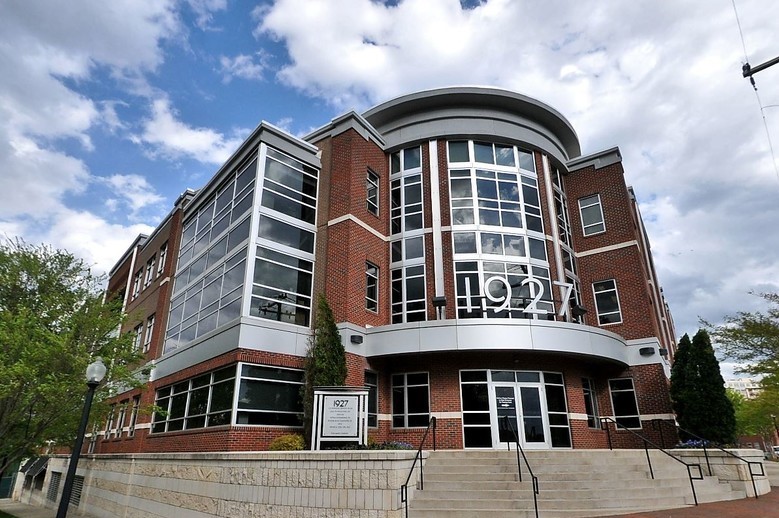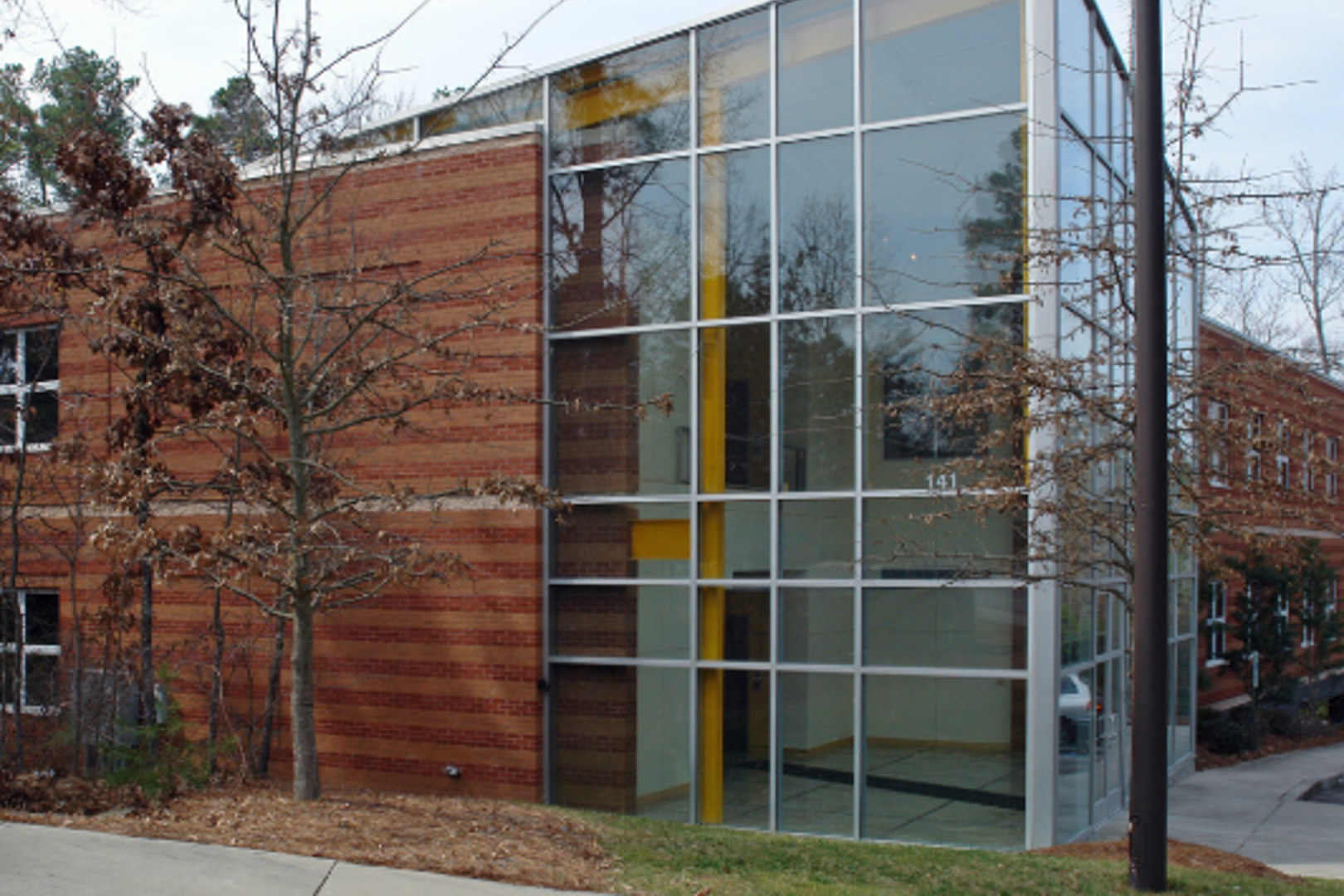Highly sought-after executives with specialized experience and skills are often able to negotiate the terms of their employment agreement before they are hired. Having a clearly and carefully drafted employment agreement reduces the likelihood of future disputes and ensures you get the provisions you are entitled to, including bonuses, equity, and stock options. At Noble Law, we help C-Level and other executives secure the most favorable employment terms. Our executive contracts lawyers serve clients from our locations in North Carolina and South Carolina.
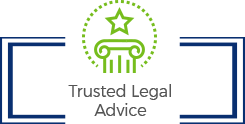
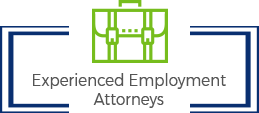
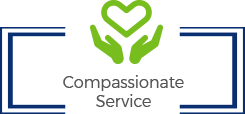
Those who work for public educational institutions are entitled to Title IX protections against gender discrimination, which includes protection from workplace harassment. Unfortunately, legal prohibitions do not always stop harassment on the job. The Title IX Workplace Harassment Lawyers at The Noble Law fight to enforce the federal the protections to which such employees are entitled.
Title IX applied to workplaces
Title IX prohibits discrimination based on sex in any educational institution that receives federal funding. It was adopted as a part of the Education Amendments of 1972, so it is most commonly known for its role in protecting students. Colleges and universities, local school districts, and private schools that receive funding fall under its scope and they must comply even in off-campus programming. But while most institutions covered by Title IX are schools, other institutions such as libraries, museums, and vocational rehabilitation programs are subject to its provisions.
Because of its educational application, some of the most publicized applications of Title IX relate to sports and other educational and extra-curricular programming at schools and colleges. What receives less attention is the law’s impact on employment. Title IX requires covered institutions to adopt and enforce policies that prohibit sex-based discrimination, including sexual harassment.
Under Title IX, a victim of sexual harassment has the right to file a civil rights complaint, a lawsuit, or both. Unlike certain other civil rights areas, an aggrieved party does not need to file an administrative complaint before filing a lawsuit. A lawsuit can be filed against the institution or even against the individual employee alleged to have committed the harassment. If you have faced workplace discrimination in an educational institution, speak with a workplace discrimination lawyer for a more in-depth analysis of your legal options.

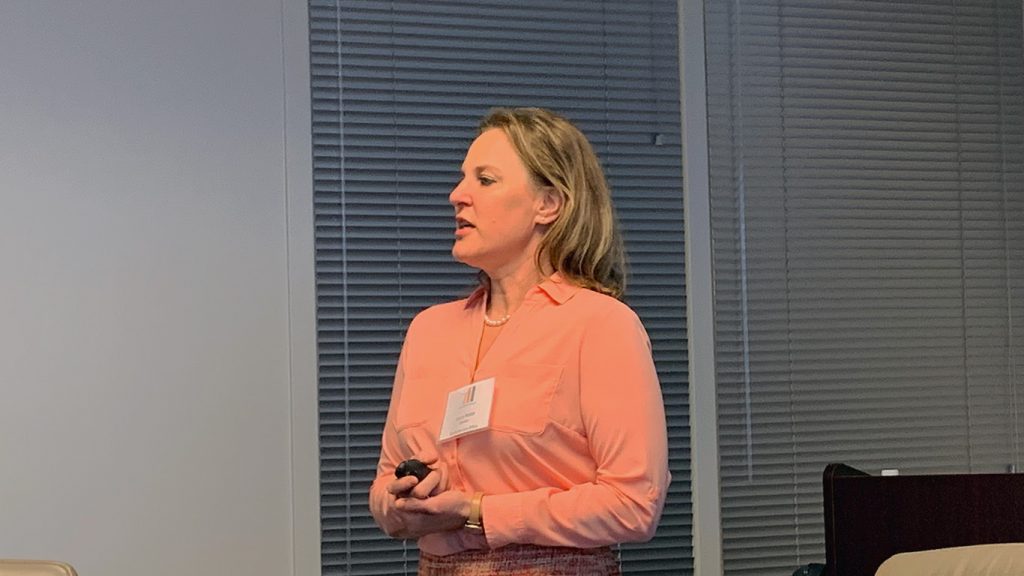
Who falls under the scope of workplace discrimination under Title IX?
Students at covered institutions fall under the protections of Title IX. Those who are formally employed by the school, whether part-time or full-time, are also entitled to protection.
Title IX imposes not just protection but also an obligation. The regulations include reporting responsibilities – those with a reporting responsibility have a legal duty to report sexual harassment, gender-based discrimination, sexual abuse or assault, and related violations to the institution. When students are de-facto employed, such as a teaching assistant – even if they do not receive a paycheck – they are treated as employees with a duty to report.
Prohibitions against sexual harassment under Title IX
On May 19, 2020, the U.S. Department of Education implemented modified regulations that standardized the definition of “sexual harassment” under Title IX. There are now three types of conduct that fall under the definition:
- “Quid pro quo” harassment – When an employee’s employment or benefits are conditioned – either explicitly or implicitly – on submission to unwelcome sexual advances or conduct, it is considered “quid pro quo” harassment.
- Unwelcome conduct – To bring the regulations in line with U.S. Supreme Court decisions, sexual harassment includes “unwelcome conduct that a reasonable person would determine is so severe, pervasive, and objectively offensive that it effectively denies a person equal access to the school’s education program or activity.”
- Violence – Severe acts, including sexual assault, domestic violence, and stalking, may fall under the definition of “sexual harassment” even if they are not “pervasive.”
In addition, sexual harassment is illegal under other federal and state laws as well. If you have been the target of unwanted sexual advances or abuse on the job, speak to a lawyer in your area to get advice that is accurate in your jurisdiction. The Noble Law has offices in North Carolina and South Carolina to meet the needs of clients in those states.



Recourse for workplace discrimination under Title IX
Even though Title IX prohibits sexual harassment, prohibited contact still occurs. When it does, it is up to the victims to enforce the laws and hold the responsible parties accountable.
When an educational institution has reason to know about sexual harassment but does not take action to stop the behavior, it can be held liable. If the victim pursues an administrative complaint and wins, the school could be ordered to pay financial damages or even loss of federal funding. If the victim prevails on a lawsuit, the remedies can include compensatory damages, attorney’s fees, and court orders directing the school to change its policies.
Administrative complaints must be filed within a 180-day deadline. Lawsuits are different in that they must be filed within the statute of limitations adopted by the state in which the case is filed. Compliance with the necessary deadlines is crucial; do not wait to speak with a workplace harassment lawyer.
Contact Us
The Noble Law provides skilled, compassionate attorneys who are not afraid to stand up to established institutions on behalf of our clients. We listen to your concerns and craft legal strategies that position you for a resolution that serves the interests of justice while helping you move on in your own life. Schedule a consultation in one of our conveniently located offices, located in North Carolina, and South Carolina, or via video conference.
The Noble Law – Employment Attorneys
You have the right to a safe workplace free of discrimination, including pregnancy discrimination. If you are being discriminated against or harassed in your workplace, an employment attorney at The Noble Law may be able to help. We provide clients with legal counsel and representation in North Carolina and South Carolina. Contact us today to schedule a consultation with one of our experienced employment law attorneys.


